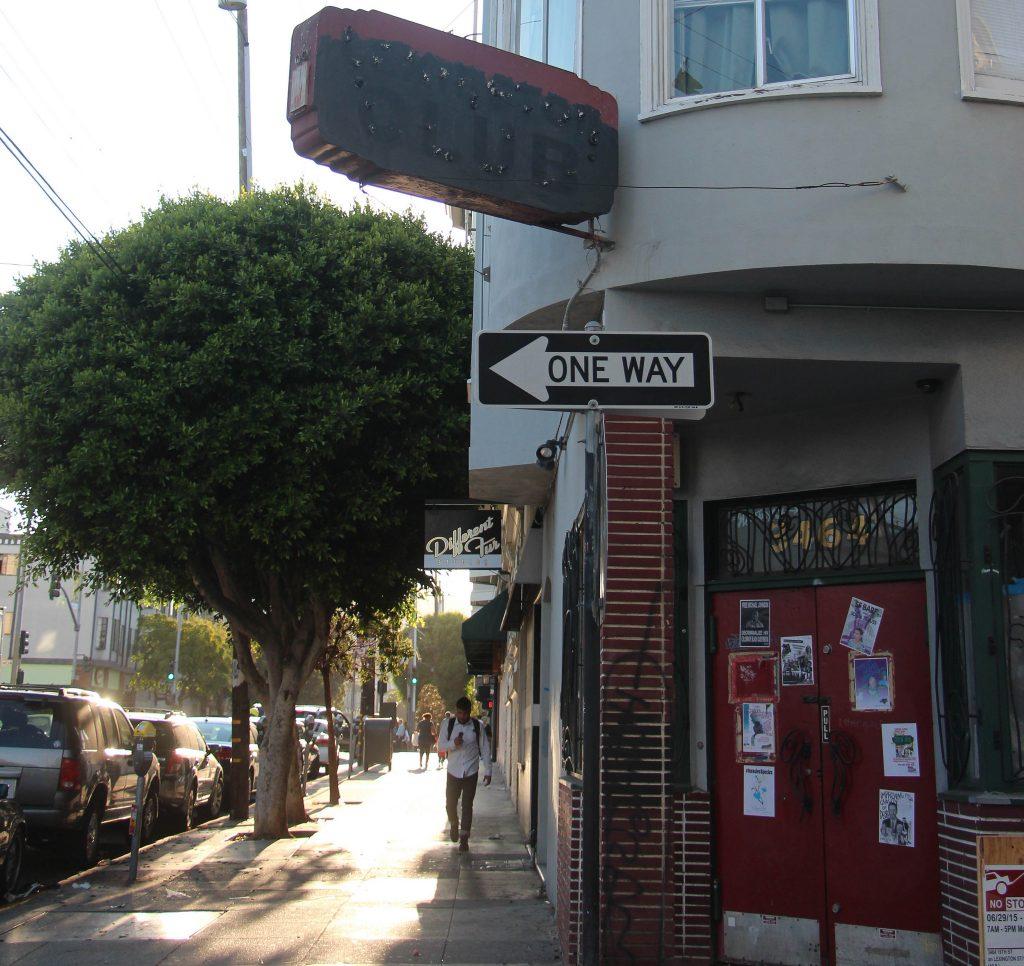When the new assistant director for SF State’s Queer Resource Center from University of California, Davis, she expected to see a lot more support for queer and trans students than what currently exists on campus.
“I came to SF State for grad school because I wanted to find more queer students of color like myself,” Lindy Velasco, the new director, said. “I chose the ethnic studies program because I wanted to focus on a thesis that focused on the intersections of gender, sexuality, and race.”
However, she discovered upon her arrival that the Campus Pride index didn’t include SF State on its list of the top 25 most LGBTQ-friendly colleges and universities. Velasco said she feels the student body as a whole needs to hold the administration accountable to support all students.
“Safe spaces for queer communities are extremely important,” Velasco said. “It gives them a chance to feel like their identities are being respected and represented. It’s like, ‘This is literally a space that was made specifically for you,’ and having that kind of space is what really allows (students) to thrive.”

With The Lexington, the last full-time lesbian bar in San Francisco, closing its doors after 18 years of service in April of this year, the lesbian community in the Bay has been left to create safe spaces of their own.
Velasco defines a safe space as a space that can be both private and public. While she said she acknowledges the importance of these type of spaces, Velasco said the reality of why these spaces even have to exist is a brutal one.
“LGBTQIA students/folks, especially those of color, should understand all spaces as a safe space,” Velasco said. “Yet the reality of violence, police brutality, homophobia, racism, transphobia, transmisogyny, etc. still remains.”
Velasco added that safe spaces in college and beyond are the key to healing.
She feels that her role as assistant director of the QTRC will give her a platform to amplify student input and opinion for the betterment and inclusion of all students on campus.
For 38-year-old Susannah Smith, The Lex was more than just a bar or a pick up spot, it was a space where she said she felt people went to form a community and empower each other.
Smith is a bay area filmmaker and the co-producer and co-director of “The Lexington Project Archival,” a project dedicated to documenting the stories, sounds and images from San Francisco’s last full-time lesbian bar. When Smith first moved to San Francisco in 1999, The Lex was the first bar she visited.
“For me, since I mostly dated cis men at the time, The Lex was just a place where I could meet up with the community of feminist women I was friends with.” Smith said. ” I could just go hang out with my girls, have a beer, and we didn’t have to worry about getting hit on or feeling harassed.”
Smith said she feels spaces like The Lexington are important, particularly for queer people, because the it’s really hard to find in a place where they feel like they’re the majority.
The Lex may no longer be in service, but there is still a large queer community in San Francisco. East Coast Eden Inc. is just one of the many event and marketing companies that strive to fulfill the unmet need for lesbian nightlife in the LGBT community.
“There are a lot of gay events, but the majority of the LGBT crowd that show up are men, and there aren’t many nights designated for women,” said East Coast Eden’s CEO, Bekah Love.
While Love’s company is based in Orlando, they throw events from coast to coast, and their next event will be “Color Me Wet” in San Francisco, Nov. 7.
“‘Color Me Wet’ is definitely one of the most energy-filled LGBT events that you will ever go to,” Love said, “and our objective is to keep it that way and embrace its growth.”
Smith said that the owner of The Lexington Club, Lila Thirkield, was really into promoting other people’s parties, like the kind East Coast Eden produces. Smith said the absence of these spaces can be detrimental.
“Imagine if you are battling with your sexual identity or figuring out who/what you’re comfortable with all day or all week, and you don’t have space where you can just rest and figure out these issues,” Smith said. “It is so important for queer individuals to have a place to come together, to make change or to simply hold hands with or make out with their partner. Some people find this at church and some people find it at a gay bar.”







